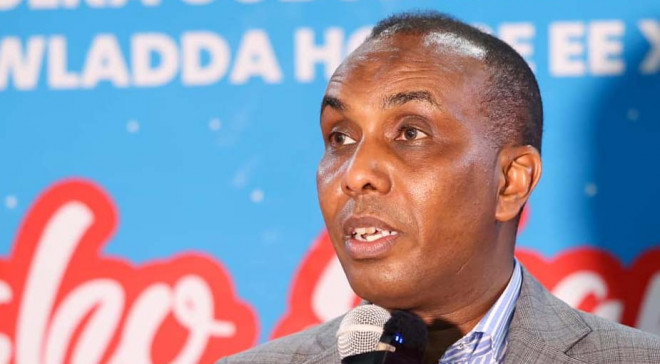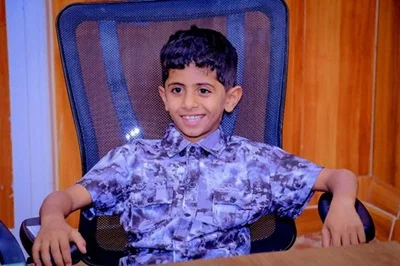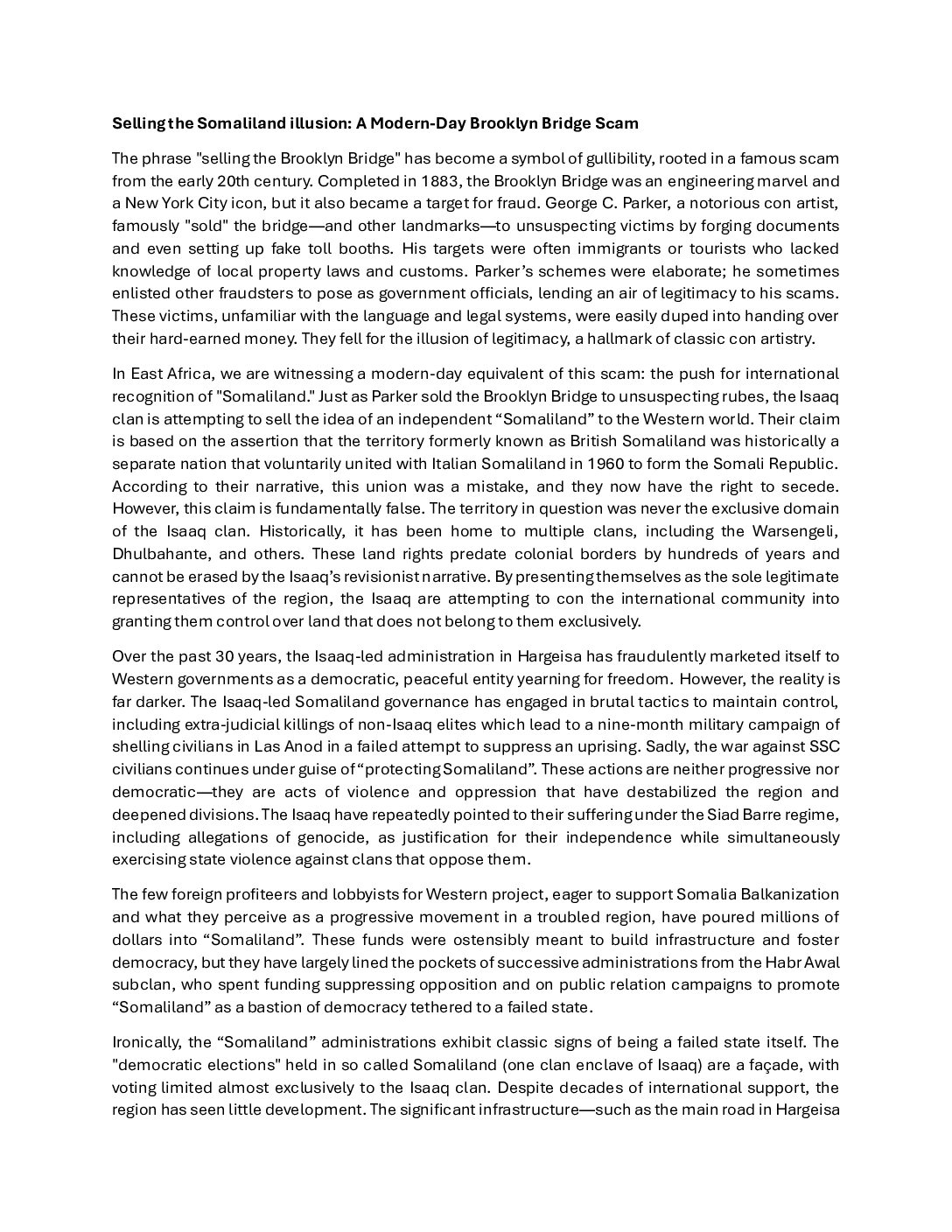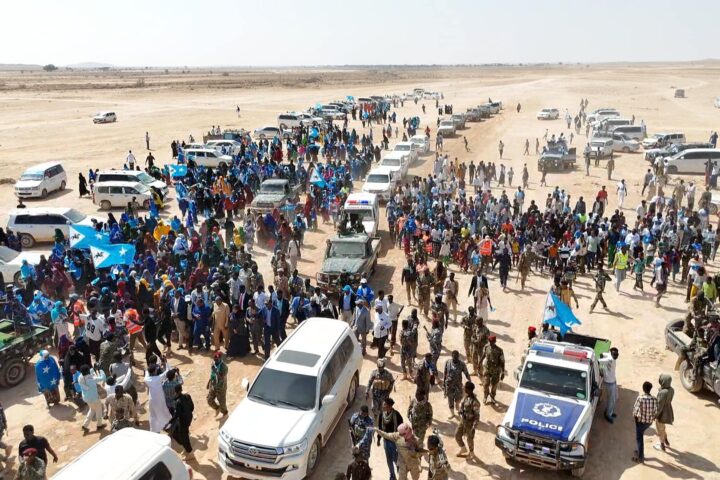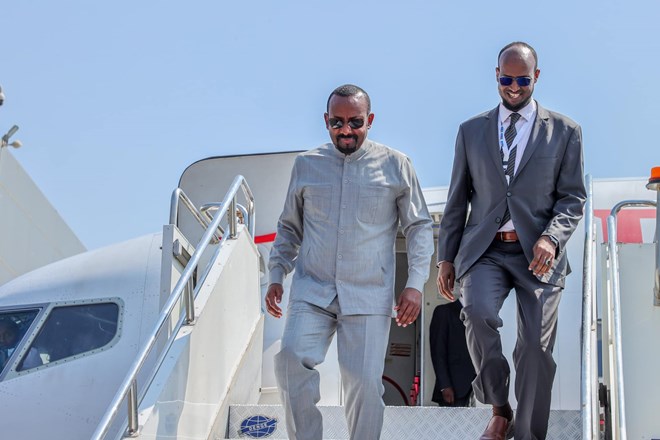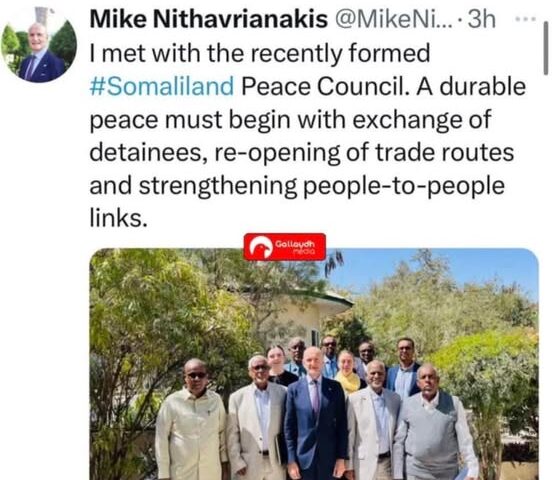The Ogaden National Liberation Front (ONLF) has said it is reevaluating the 2018 peace accord with the Ethiopian government, attributing this to insufficient advancement on critical stipulations. Although the agreement formally concluded decades of armed war, ONLF leaders contend that some fundamental commitments remain unmet, jeopardizing both the security of the Somali area and the continuation of the peace process.
The leadership of ONLF has convened an emergency Central Committee (CC) plenary session on October 26-27, 2024, to officially reevaluate the 2018 peace deal. The summit will discuss the state of the peace pact and ONLF’s strategic orientation in light of escalating tensions in the Horn of Africa.
ONLF spokesman Abdiqadir Hassan Hirmoge (Adani) said that while the organization has adhered to a nonviolent strategy since the accord, significant obligations, including the reintegration of ONLF combatants and the resettlement of displaced individuals, remain unfulfilled. Adani told the BBC, “Our sole achievement is the preservation of peace; however, the other obligations—resettlement, reintegration, and tackling the fundamental issues of the conflict—remain unaddressed.”
The ONLF’s decision arises as Ethiopia endures political shifts subsequent to recent government changes. Adani said, “We allowed Ethiopia time due to its transitional phase; however, given the current challenges in the Horn of Africa, we believe it is time to reassess the situation.”
Signed in 2018 in Asmara, Eritrea, the peace deal aims to halt the ONLF’s decades-long armed fight for the self-determination of the Somali people in Ethiopia’s Ogaden area by changing to a political organization. The agreement facilitated ONLF’s involvement in Ethiopian politics as a legitimate party. However, ONLF believes that they have only executed 20% of the obligations made under the agreement.
The reconsideration comes amid heightened tensions, worsened by contentious statements made by Ethiopian military head General Birhanu Jula. In a video published by Ethiopian media in September 2024, General Birhanu purportedly branded the ONLF as an “enemy” of Ethiopia, supported by Egypt. ONLF sharply denounced the statements as inflammatory and accused the Ethiopian government of obstructing the peace process.
“We were astonished by these remarks. To say that we are linked with foreign powers to destabilize Ethiopia is both incorrect and an intentional provocation,” Adani added. ONLF stated that if the Ethiopian government does not withdraw or explain these statements, it might signify that they no longer recognize the ONLF as a legitimate political institution, threatening the 2018 accord and the peace it brought.
The same month, ONLF leaders accused the Ethiopian government of breaching the rights of the Somali people by forcing elders and community members to reject their Somali identity openly. The organization also raised worries over suggestions that Ethiopia may modify the name and flag of the Somali State, which they perceive as an assault on Somali identity.
In addition to the missed obligations, the ONLF has voiced concerns over political persecution in Ethiopia’s Somali area. In the June 2024 Jigjiga municipal elections, ONLF charged that the Ethiopian government rigged the vote by transporting members of the governing Prosperity Party (PP) and threatening government personnel with job loss if they did not vote for the ruling Barwaaqo Party.
“The disparity is startling. We were confident in our numbers, but the final tally favored the Prosperity Party. It’s like if you’re at a bustling market where you see more of your people, but in the districts, the votes suddenly swing the other way,” Adani added.
The ultimate objective of the ONLF has always been the self-determination of the Somali people in the Ogaden area, a right recognized in Article 39 of Ethiopia’s constitution. This right ensures self-determination for Ethiopia’s countries and ethnicities, enabling territories like the Somali State to select their own political fates, including the potential of secession.
In a 2023 interview, Adani stressed that ONLF remained dedicated to enabling the Somali people to decide whether to stay part of Ethiopia or pursue independence. “We are on the road to self-determination. There is little time left for self-governance and freedom. If we don’t act now, we risk losing everything,” Adani said.

